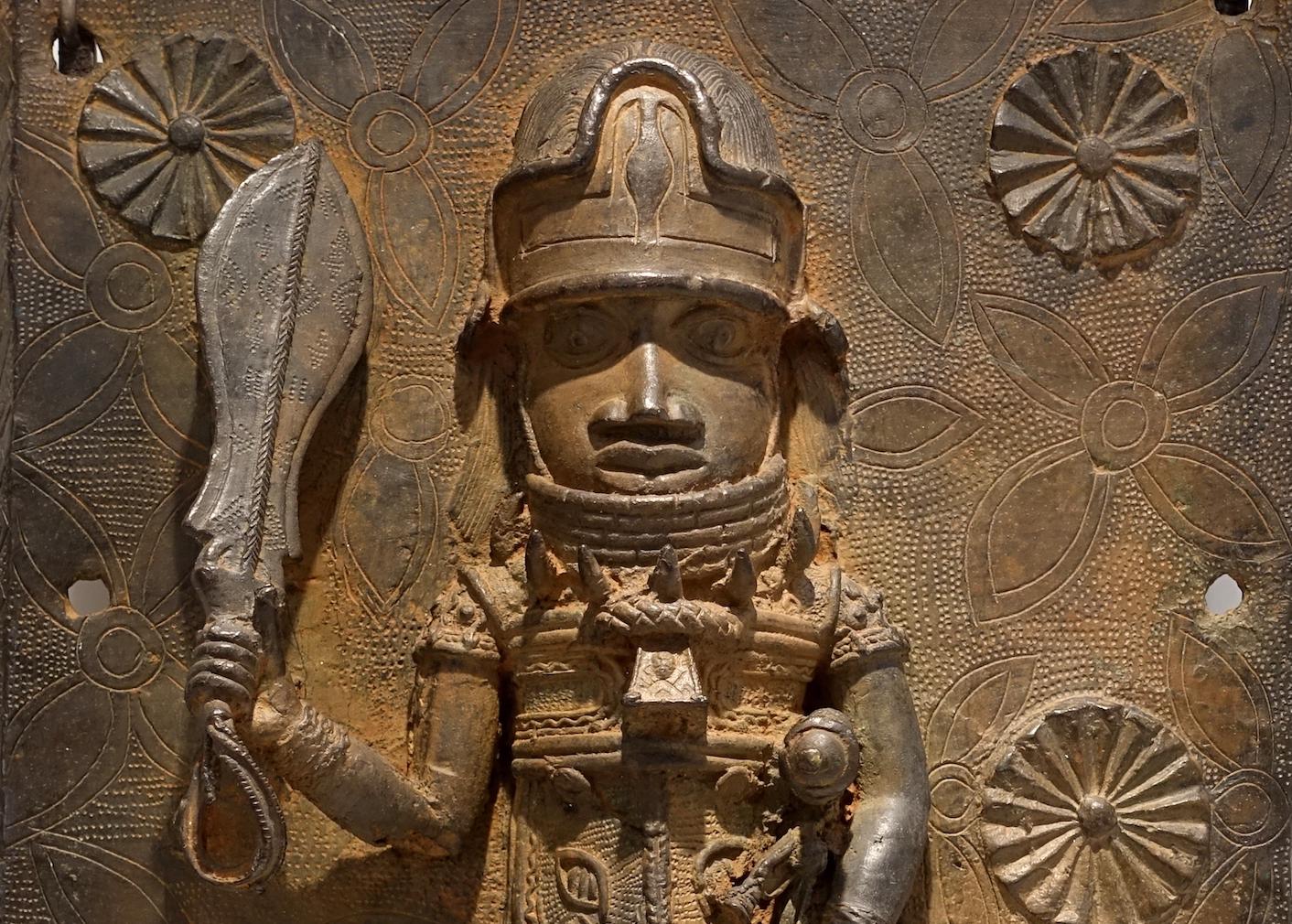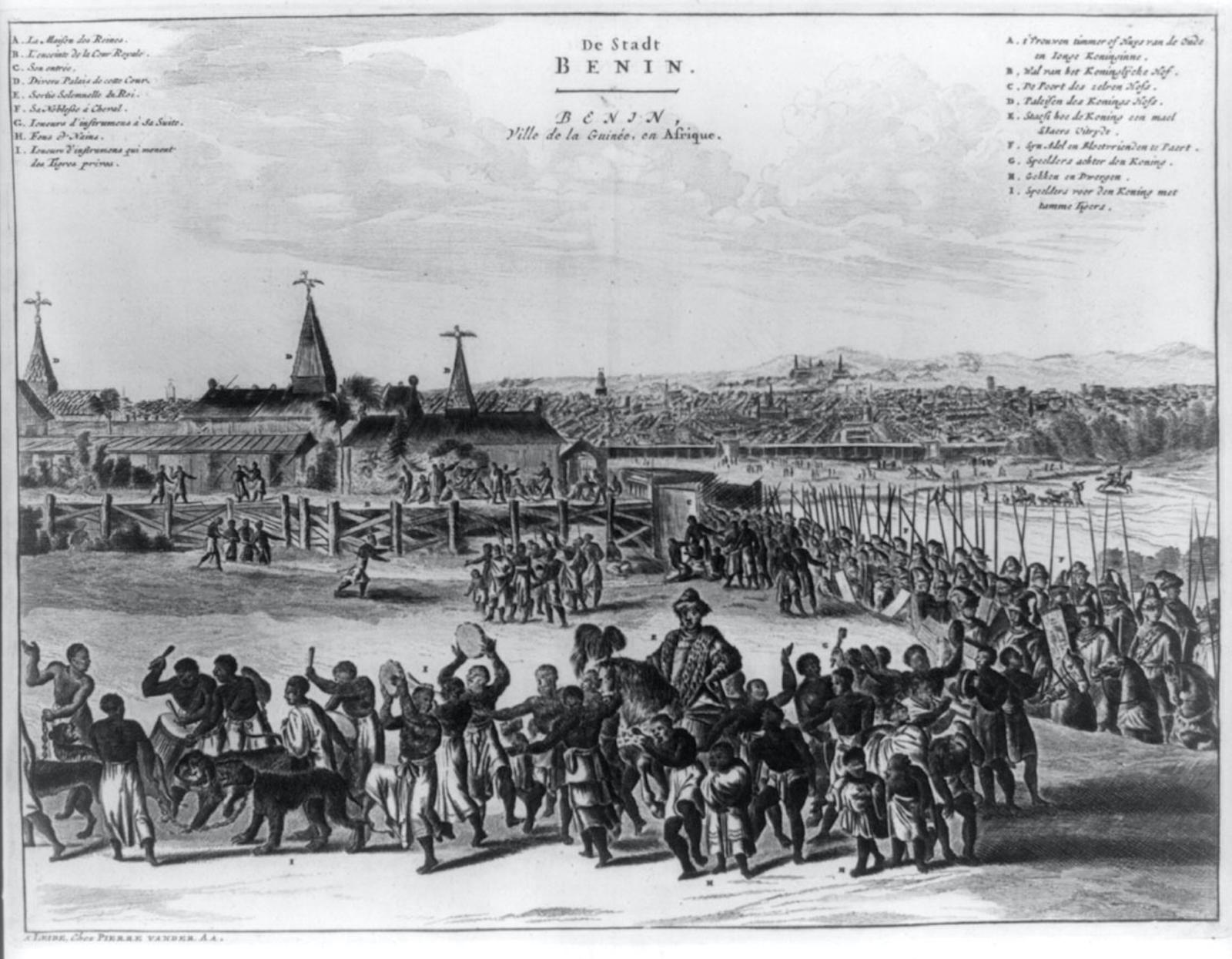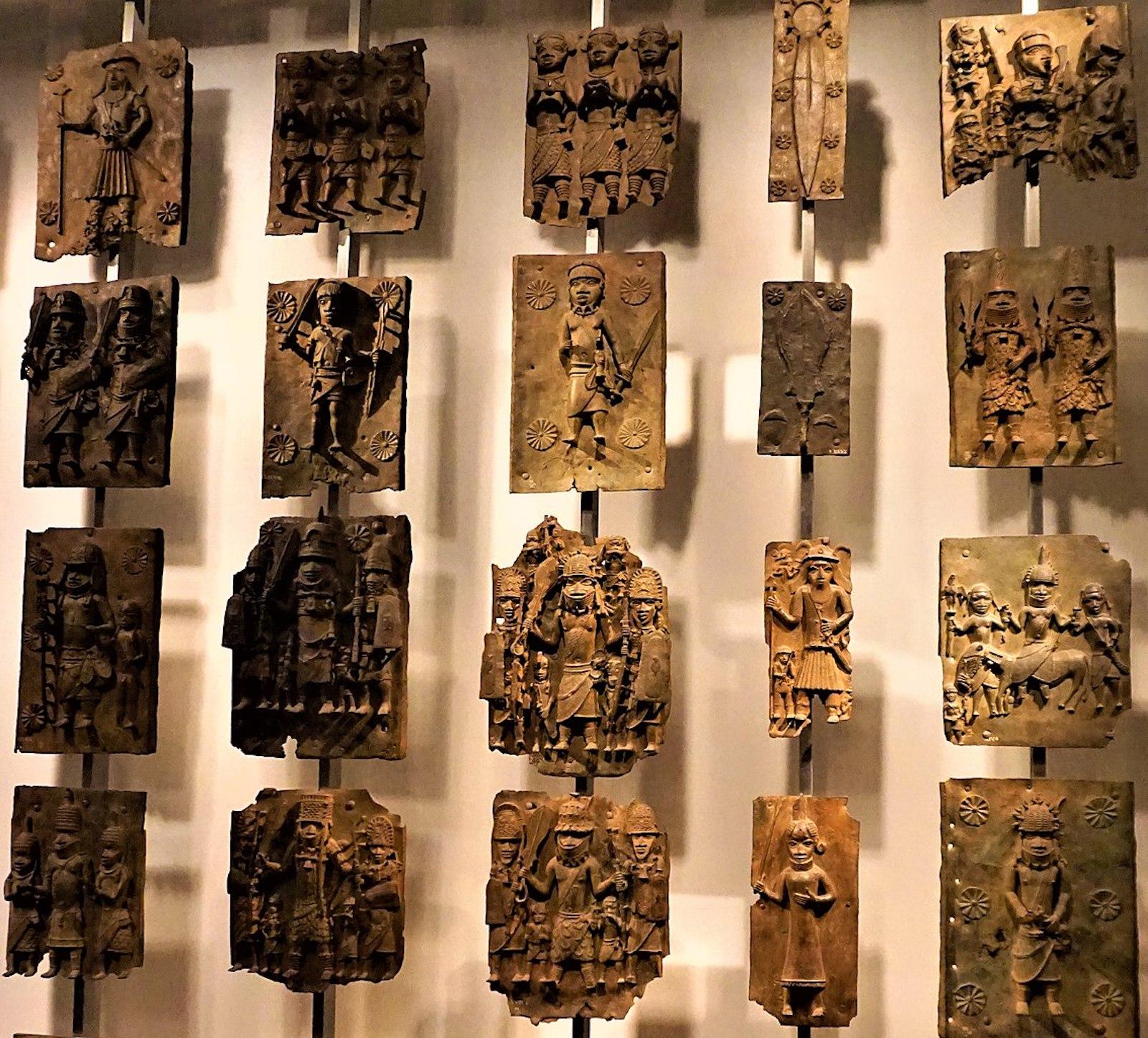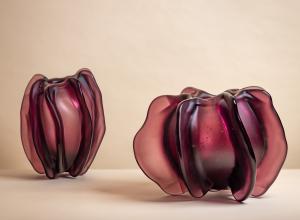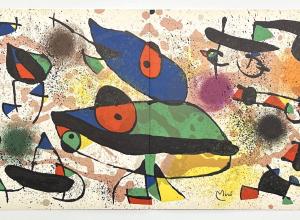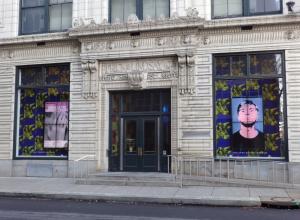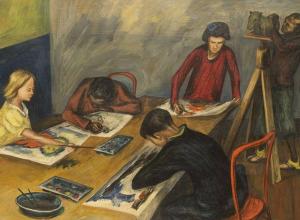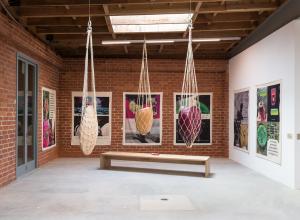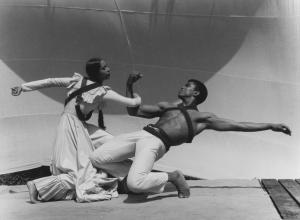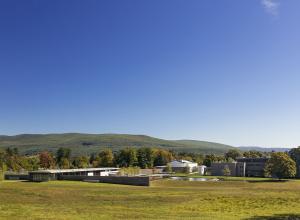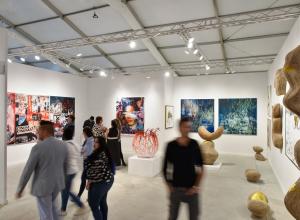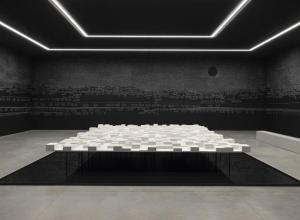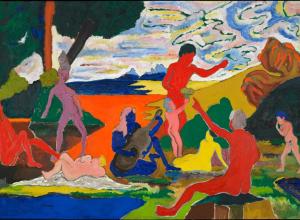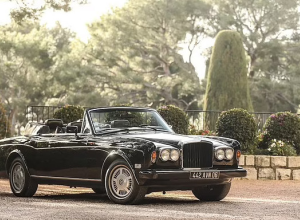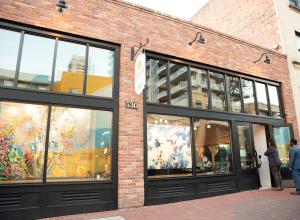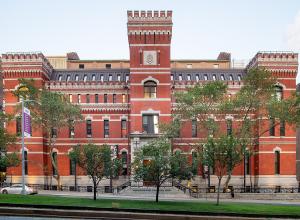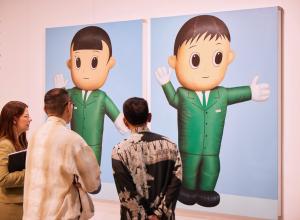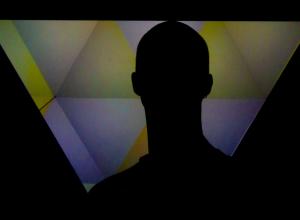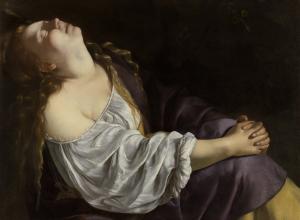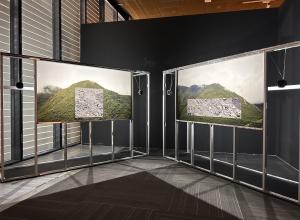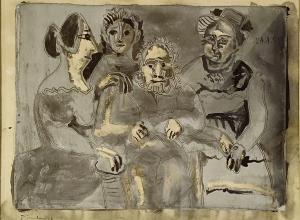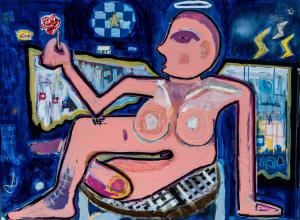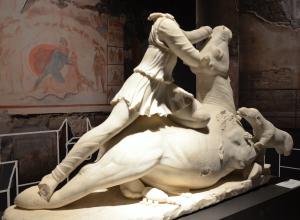Most recently, the London-based Horniman Museum & Gardens announced in an August 8, 2022 press release that ownership of their seventy-two stolen cultural artifacts will be formally transferred to the Nigerian government.
According to the release, the Horniman collection includes twelve items specifically classified as Benin Bronzes as well as “a brass cockerel altar piece, ivory and brass ceremonial objects, brass bells, everyday items such as fans and baskets, and a key ‘to the king’s palace.’”
Also according to the release, the Horniman came to this decision, which was formally endorsed on August 5, 2022, after receiving an unspecified request from Nigeria’s National Commission for Museums and Monuments (NCMM) in January of the same year.
The request prompted months of academic research and a series of discussions—held with everyone from schoolchildren to heritage professionals to Nigerian artists—designed to collect a wide range of “views on the future of the Benin objects.




